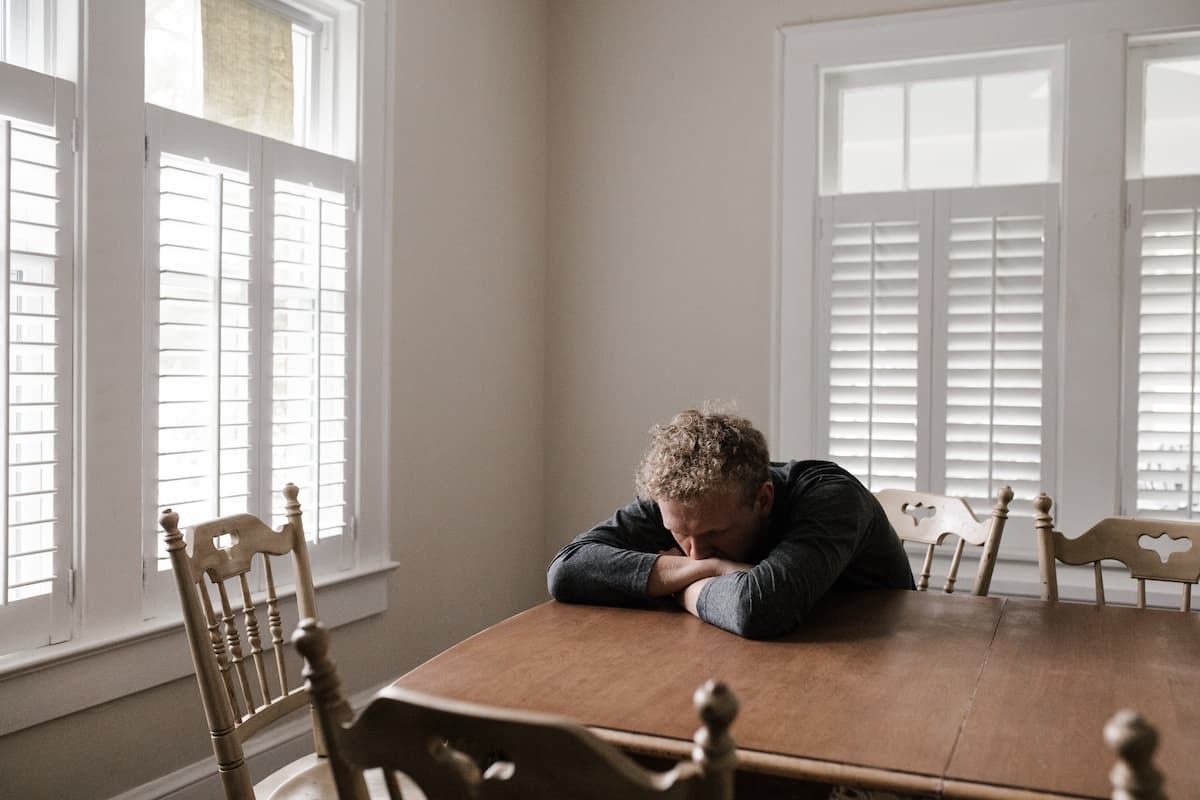This Content Is Only For Subscribers
Mental health is a global issue that affects people across all communities and cultures. But the perception of mental health varies considerably based on societal factors and cultural context. Discussing these diverse perspectives is critical in fostering inclusive and effective approaches to mental well-being.
Here’s how the black community perceives mental health in the black community.
Become an insider. Subscribe to our newsletter for more top trending stories like this!
Overview of Mental Health in Black Community
Negative beliefs and attitudes toward people living with mental health conditions are prevalent in the United States. This issue is particularly prominent within the Black community. Research shows that 63% of Blacks view mental health conditions as a sign of personal weakness. Owing to this belief, individuals may feel ashamed and worry that they may experience discrimination because of their mental illness.
For many African Americans, discussing mental health can be exceptionally challenging. This fear can stop them from seeking the necessary mental health care they may require.
Furthermore, most African Americans seek support from their faith communities instead of seeking a medical diagnosis. In several Black communities in the United States, places of worship, such as mosques, churches, or other faith institutions, serve as gathering places and sources of strength.
So, spirituality and faith can contribute to the recovery process and form a significant part of a treatment plan. For instance, spiritual leaders and religious communities can provide support and alleviate feelings of isolation. However, they shouldn’t be the sole option for individuals whose daily functioning is impaired by mental health symptoms.
Systematic Barriers
The Black community disproportionately impacts mental health due to systemic barriers. Despite comprising only about 12% of the US population, the Black community is overrepresented in high-risk populations. For example, about 33% of the prison population, 40% of the homeless people, and 45% of children in foster care are blacks.
Research shows that exposure to incarceration and violence increases the likelihood of developing mental illnesses. Consequently, the Black community faces a significantly higher risk of mental health issues, resulting from historical, economic, social, and political influences that systematically expose them to factors that harm their psychological and physical well-being.
These disparities have persisted across generations, as research consistently indicates. Throughout history, the Black community has experienced and continues to experience mental health disadvantages stemming from the trauma inflicted by enslavement, oppression, colonialism, racism, and segregation.
Join our Spotcovery Global Black Community Facebook Group for early access to exclusive content and to share in a lively discussion.
Barriers That Prevent Black Americans From Accessing Mental Health Service
Despite these mental health concerns’ prevalence, significant disparities and barriers hinder access to mental health services for Black Americans.
Become an insider. Subscribe to our newsletter for more top trending stories like this!
There are various reasons Black Americans face challenges in receiving essential mental health support. These include stigma, socioeconomic disparities, provider bias, and disparities in the quality of care. Additionally, there is often a lack of cultural competency among mental health professionals, which can lead to misdiagnosis or inadequate treatment.
People Also Read: Mindfulness Meditation: How Black People Can Reduce Stress and Improve Mental Health
Resources and Support
For any Blacks who suffer from depression, resources exist that can help. Consider the following:
- National Alliance on Mental Illness (NAMI), African American. Learn more about depression in the Black community.
- Substance Abuse and Mental Health Services Administration, National Helpline. Call for help in dealing with depressive symptoms.
Mental health in the Black community is often viewed through the lens of historical trauma, systemic barriers, and disparities. The impact of racism, discrimination, and socioeconomic factors has led to increased vulnerability and limited access to mental health services. Acknowledging and addressing these issues is crucial for promoting awareness and dismantling stigma within the Black community.
People Also Read: Black Mental Health Matters: Healing From Inherited Family Trauma
Interested in watching the full article video, see below. Subscribe to our YouTube channel for more original inspiring videos on the black experiences.
Nearly 80% of consumers visit directories with reviews to find a local business. List your business for free in our exclusive Spotcovery Black-Owned Business Directory.
Spotcovery offers unique and fresh daily content on Black culture, lifestyle, and experiences. We talk about everything black, black people, black-owned and black-owned businesses. We also deliver authentic and relevant content that will inform, inspire and empower you! The future of black media is critical to today’s black experience! Our primary audience includes African American, African, Afro-Caribbean, and people of African heritage. Black culture is for the culture!
Become an insider. Subscribe to our newsletter for more top trending stories like this!





